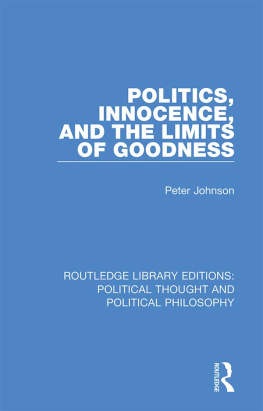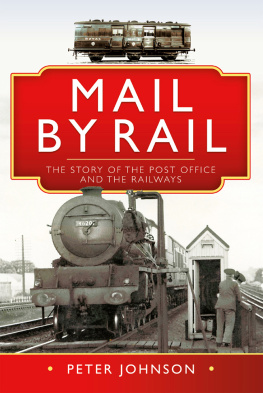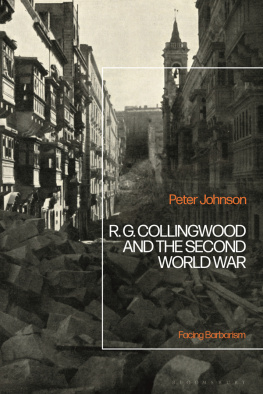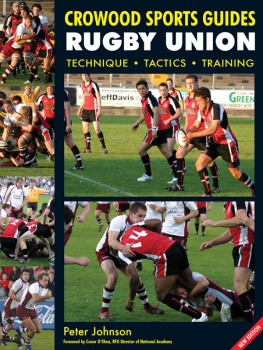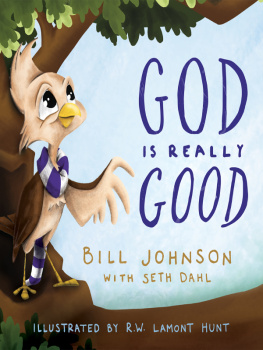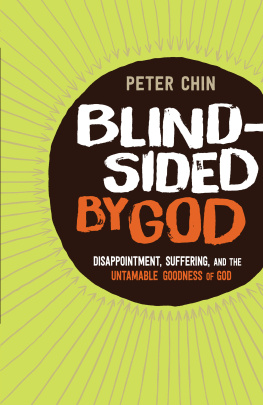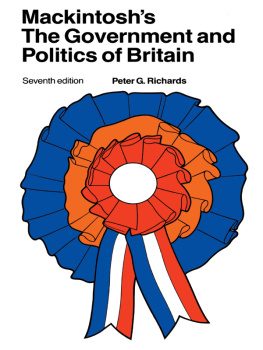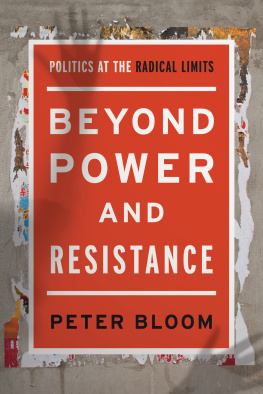Peter Johnson - Politics, Innocence, and the Limits of Goodness
Here you can read online Peter Johnson - Politics, Innocence, and the Limits of Goodness full text of the book (entire story) in english for free. Download pdf and epub, get meaning, cover and reviews about this ebook. year: 2019, publisher: Routledge, genre: Politics. Description of the work, (preface) as well as reviews are available. Best literature library LitArk.com created for fans of good reading and offers a wide selection of genres:
Romance novel
Science fiction
Adventure
Detective
Science
History
Home and family
Prose
Art
Politics
Computer
Non-fiction
Religion
Business
Children
Humor
Choose a favorite category and find really read worthwhile books. Enjoy immersion in the world of imagination, feel the emotions of the characters or learn something new for yourself, make an fascinating discovery.
- Book:Politics, Innocence, and the Limits of Goodness
- Author:
- Publisher:Routledge
- Genre:
- Year:2019
- Rating:4 / 5
- Favourites:Add to favourites
- Your mark:
- 80
- 1
- 2
- 3
- 4
- 5
Politics, Innocence, and the Limits of Goodness: summary, description and annotation
We offer to read an annotation, description, summary or preface (depends on what the author of the book "Politics, Innocence, and the Limits of Goodness" wrote himself). If you haven't found the necessary information about the book — write in the comments, we will try to find it.
Politics, Innocence, and the Limits of Goodness — read online for free the complete book (whole text) full work
Below is the text of the book, divided by pages. System saving the place of the last page read, allows you to conveniently read the book "Politics, Innocence, and the Limits of Goodness" online for free, without having to search again every time where you left off. Put a bookmark, and you can go to the page where you finished reading at any time.
Font size:
Interval:
Bookmark:
POLITICAL THOUGHT AND POLITICAL PHILOSOPHY

by Routledge
2 Park Square, Milton Park, Abingdon, Oxon OX14 4RN
52 Vanderbilt Avenue, New York, NY 10017
A catalogue record for this book is available from the British Library
ISBN: 978-0-429-35434-2 (Set) (ebk)
ISBN: 978-0-367-24629-7 (Volume 31) (hbk)
ISBN: 978-0-429-28357-4 (Volume 31) (ebk)
The publisher has gone to great lengths to ensure the quality of this reprint but points out that some imperfections in the original copies may be apparent.
The publisher has made every effort to trace copyright holders and would welcome correspondence from those they have been unable to trace.

Routledge
11 New Fetter Lane, London EC4P 4EE
Routledge
a division of Routledge, Chapman and Hall, Inc.
29 West 35th Street, New York NY 10001
Printed in Great Britain by
TJ Press (Padstow) Ltd, Padstow, Cornwall
or reproduced or utilized in any form or by any electronic,
mechanical, or other means, now known or hereafter
invented, including photocopying and recording, or in any
information storage or retrieval system, without permission
in writing from the publishers.
Politics, innocence, and the limits of goodness.
1. Politics. Ethical aspects
I. Title
172
Politics, innocence, and the limits of goodness/by Peter Johnson.
p. cm.
Bibliography: p.
Includes index.
ISBN 0-415-01046-2
1. Political ethics. 2. Innocence (Psychology)
3. Politics in literature. I. Title.
Font size:
Interval:
Bookmark:
Similar books «Politics, Innocence, and the Limits of Goodness»
Look at similar books to Politics, Innocence, and the Limits of Goodness. We have selected literature similar in name and meaning in the hope of providing readers with more options to find new, interesting, not yet read works.
Discussion, reviews of the book Politics, Innocence, and the Limits of Goodness and just readers' own opinions. Leave your comments, write what you think about the work, its meaning or the main characters. Specify what exactly you liked and what you didn't like, and why you think so.

